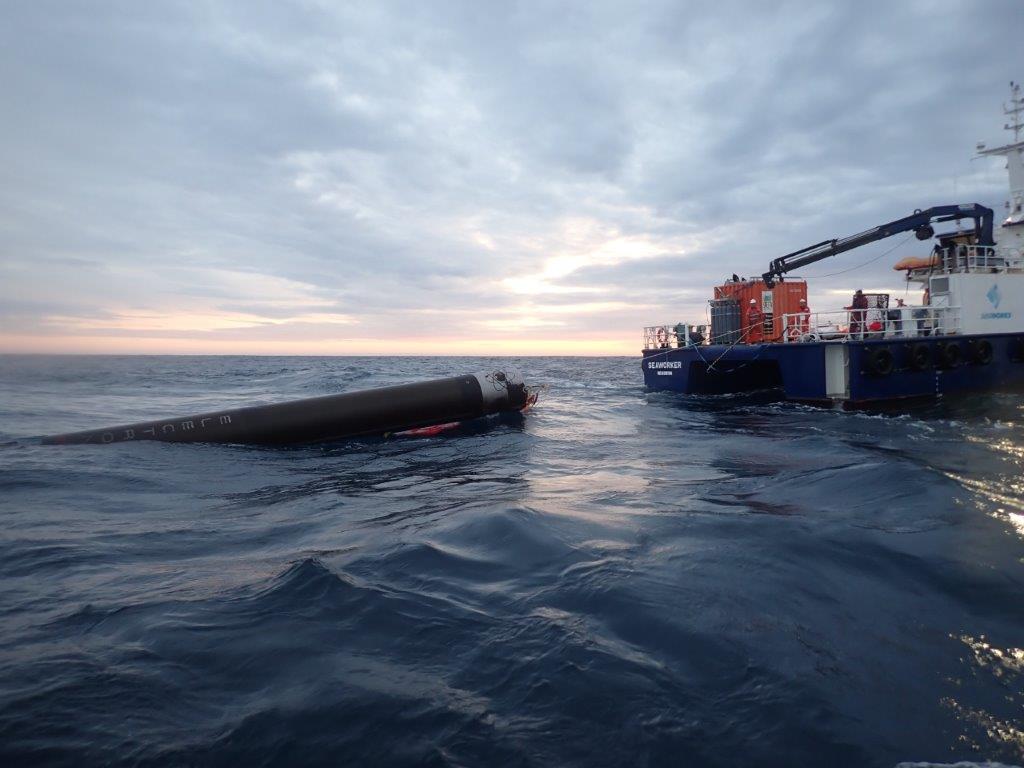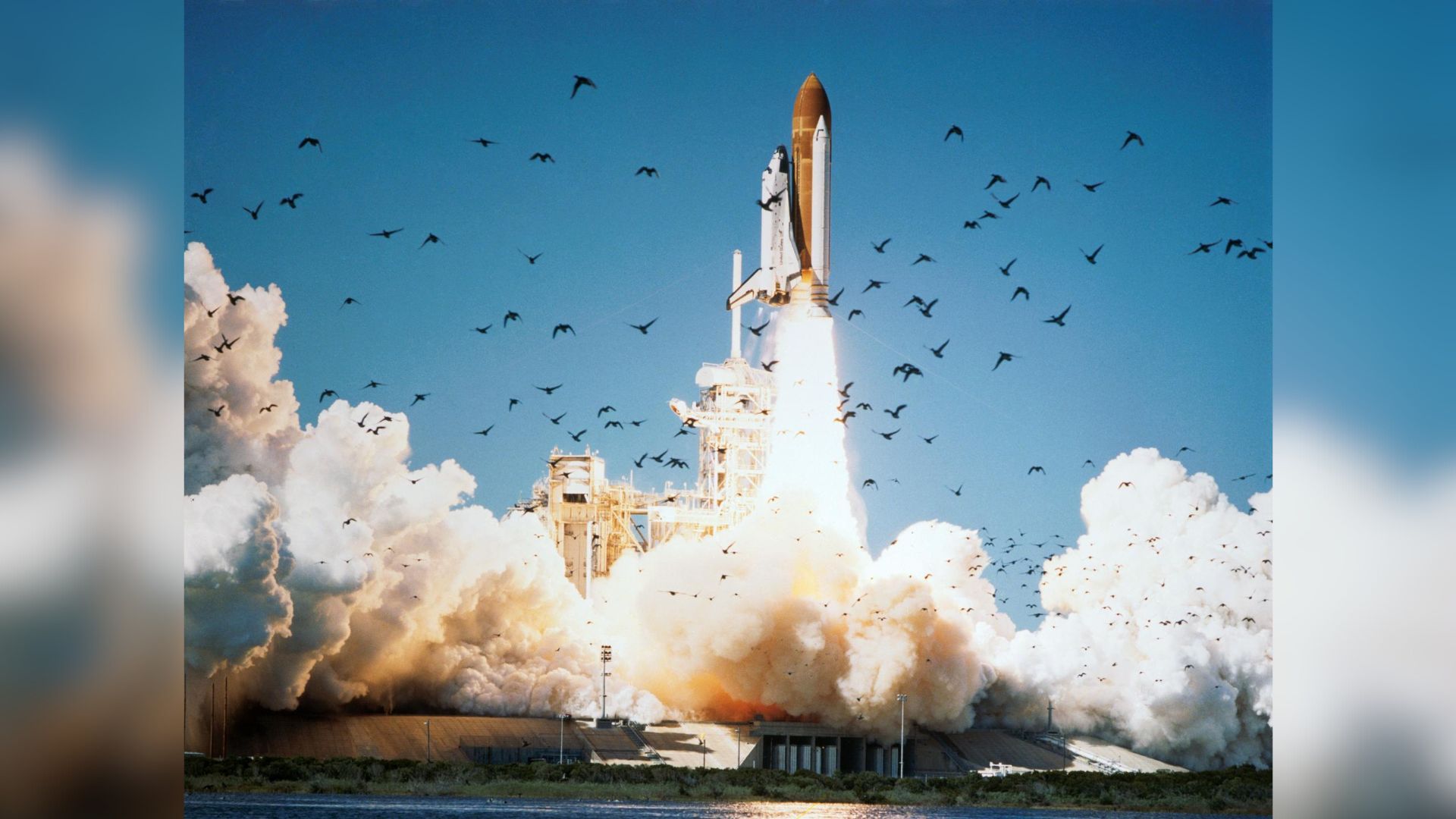Rocket Lab to recover booster on launch next month

Rocket Lab will take another step toward booster reusability next month, if all goes according to plan.
Rocket Lab intends to recover the first stage of an Electron launcher during its next mission, which is scheduled to lift off from New Zealand during a two-week window that opens on Nov. 11, representatives of the California-based company announced on Tuesday (Oct. 19).
The two-stage Electron will loft two Earth-observation satellites for the company BlackSky on the coming flight, which Rocket Lab calls "Love at First Insight." As Electron's upper stage is powering its way to orbit, the first stage will come down for a parachute-aided splashdown in the Pacific Ocean, about 200 miles (320 kilometers) offshore. Rocket Lab will then haul the hardware back to terra firma for inspection, gathering data that will inform Electron's transition to a partially reusable rocket.
Related: Rocket Lab and its Electron booster (photos)
Rocket Lab has performed two such recoveries to date — on the "Return to Sender" mission in November 2020 and "Running Out of Toes" in May 2021. ("Running Out of Toes," which aimed to deliver two BlackSky spacecraft to orbit, failed after an anomaly occurred in Electron's upper stage engine igniter system. The satellites were lost, but the first stage came back for a successful splashdown.)
A helicopter will track the booster during its descent on "Love at First Insight," something that didn't happen during the first two recoveries. Rocket Lab aims to eventually snatch falling first stages out of the sky using a chopper, and "Love at First Insight" will help refine the strategy for doing so, company representatives said.
“We've perfected Electron's controlled descent, demonstrated flawless parachute deployment, and successfully plucked stages from the ocean. Now we're gearing up for the next stage — preparing to use a helicopter to catch a rocket as it descends to Earth from space," Rocket Lab founder and CEO Peter Beck said in a statement.
Breaking space news, the latest updates on rocket launches, skywatching events and more!
"It's ambitious, but with each recovery mission, we've iterated and refined the hardware and processes to make the impossible ordinary," Beck said. "I'm excited to take what we learn from this launch and put it into practice with aerial capture missions in future."
"Love at First Insight" also features an improved first-stage heat shield and an advanced parachute, which will be deployed at a higher altitude than on previous recovery missions, Rocket Lab representatives said.
The 59-foot-tall (18 meters) Electron gives small satellites dedicated rides to orbit. Making the rocket's first stage reusable will reduce costs for Rocket Lab and its customers and allow the company to ramp up its launch rate significantly, Beck has said.
Mike Wall is the author of "Out There" (Grand Central Publishing, 2018; illustrated by Karl Tate), a book about the search for alien life. Follow him on Twitter @michaeldwall. Follow us on Twitter @Spacedotcom or Facebook.

Michael Wall is a Senior Space Writer with Space.com and joined the team in 2010. He primarily covers exoplanets, spaceflight and military space, but has been known to dabble in the space art beat. His book about the search for alien life, "Out There," was published on Nov. 13, 2018. Before becoming a science writer, Michael worked as a herpetologist and wildlife biologist. He has a Ph.D. in evolutionary biology from the University of Sydney, Australia, a bachelor's degree from the University of Arizona, and a graduate certificate in science writing from the University of California, Santa Cruz. To find out what his latest project is, you can follow Michael on Twitter.
